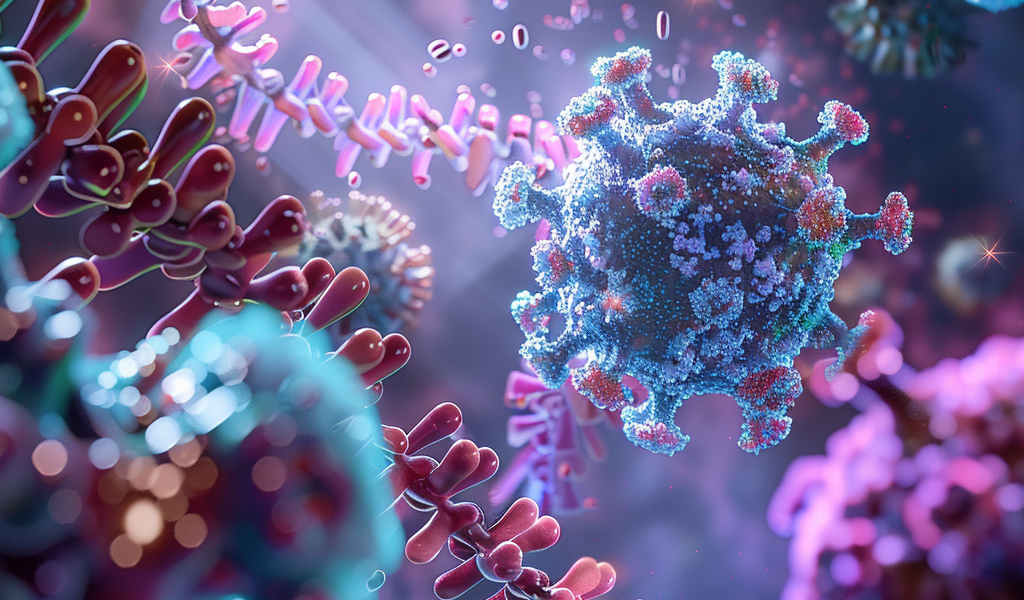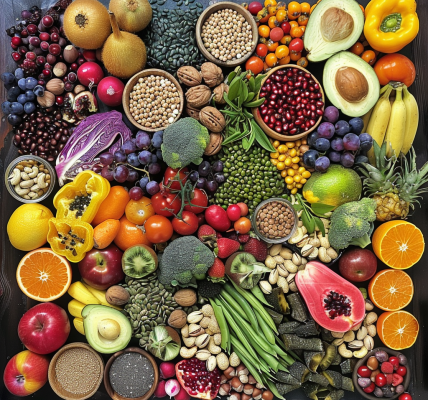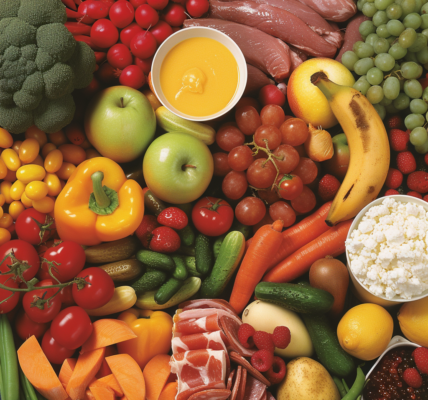COVID-19 continues to pose challenges as researchers delve deeper into understanding the virus and its impact on our cells. A recent study led by post-doctoral researcher Talya Yerlici from the University of Toronto’s Temerty Faculty of Medicine sheds light on how SARS-CoV-2 disrupts protein production within infected cells.
Yerlici’s research, published in the journal Cell Reports, highlights the virus’s ability to manipulate the cellular machinery to prioritize its own replication while hindering the cell’s defense mechanisms. This interference in protein synthesis, a vital process for cell function, is orchestrated by a specific SARS-CoV-2 protein known as Nsp1.
Nsp1 not only inhibits the ribosomes responsible for protein synthesis but also impairs the production of new ribosomes, essential for sustaining cellular functions. By obstructing the maturation of RNA molecules crucial for ribosome assembly, Nsp1 effectively cripples the cell’s ability to generate proteins, creating a significant obstacle in mounting an effective immune response.
The findings suggest that understanding the mechanisms by which Nsp1 operates in different cell types and tissues infected with various SARS-CoV-2 variants could pave the way for targeted therapies to counteract this viral sabotage. By developing precision medicines that can counter Nsp1’s disruptive effects on protein production, researchers aim to enhance treatment strategies for individuals battling COVID-19 and related coronaviruses.





